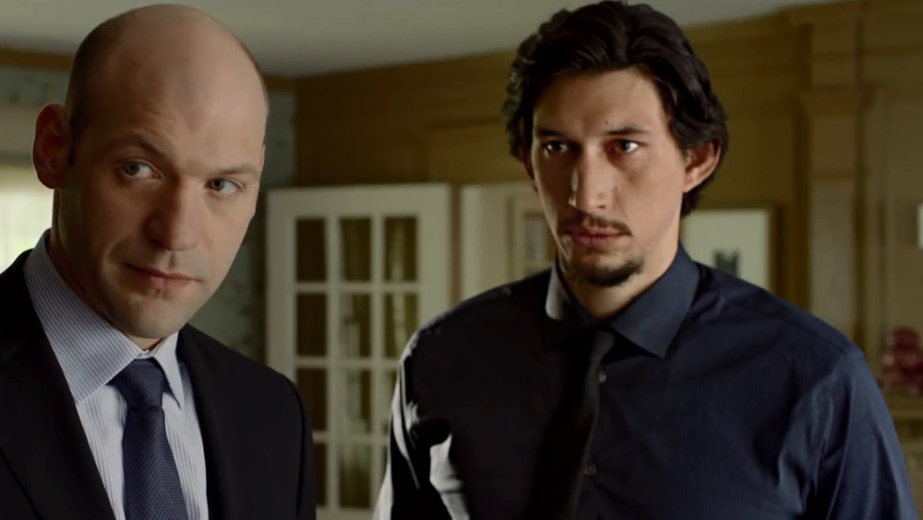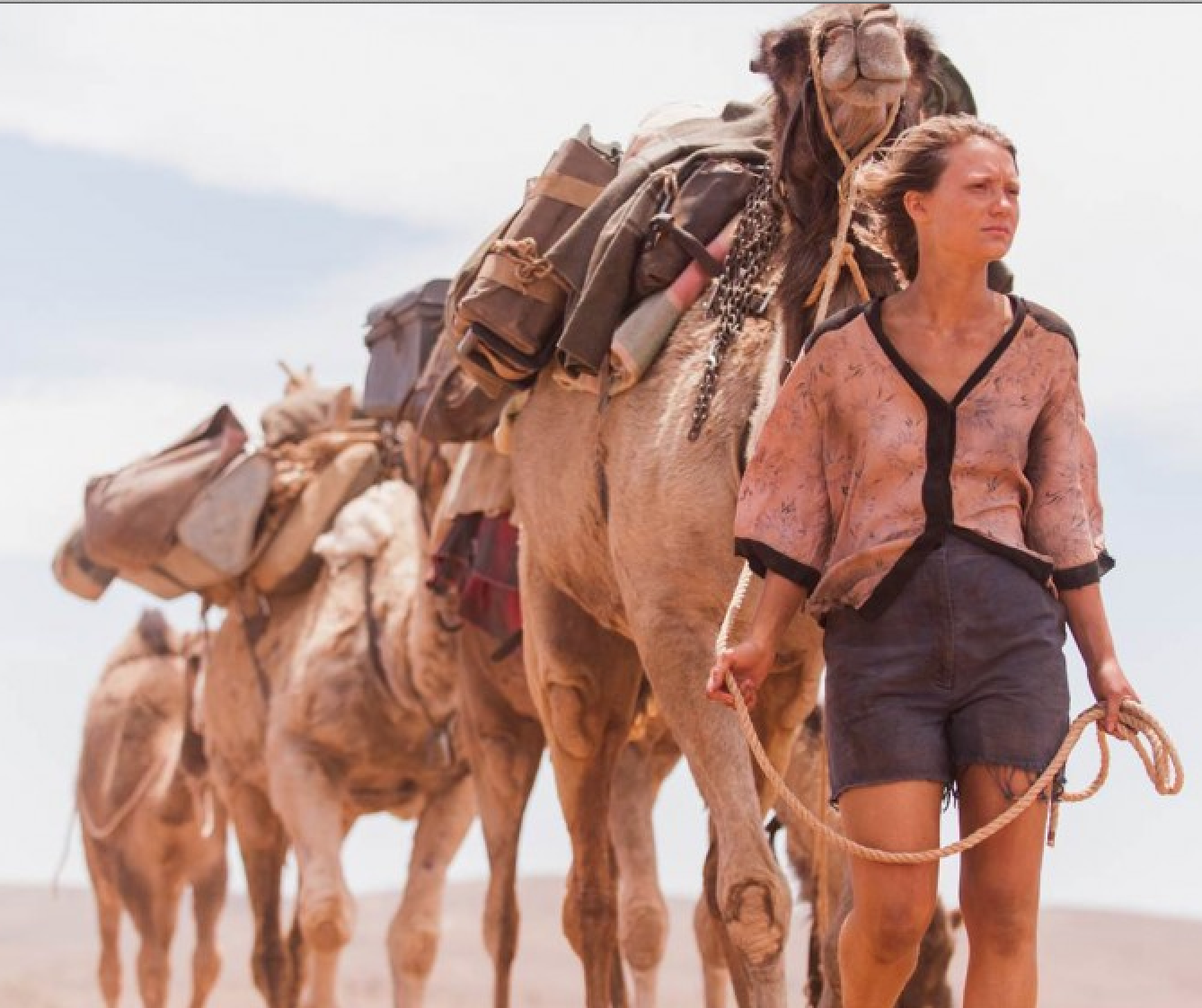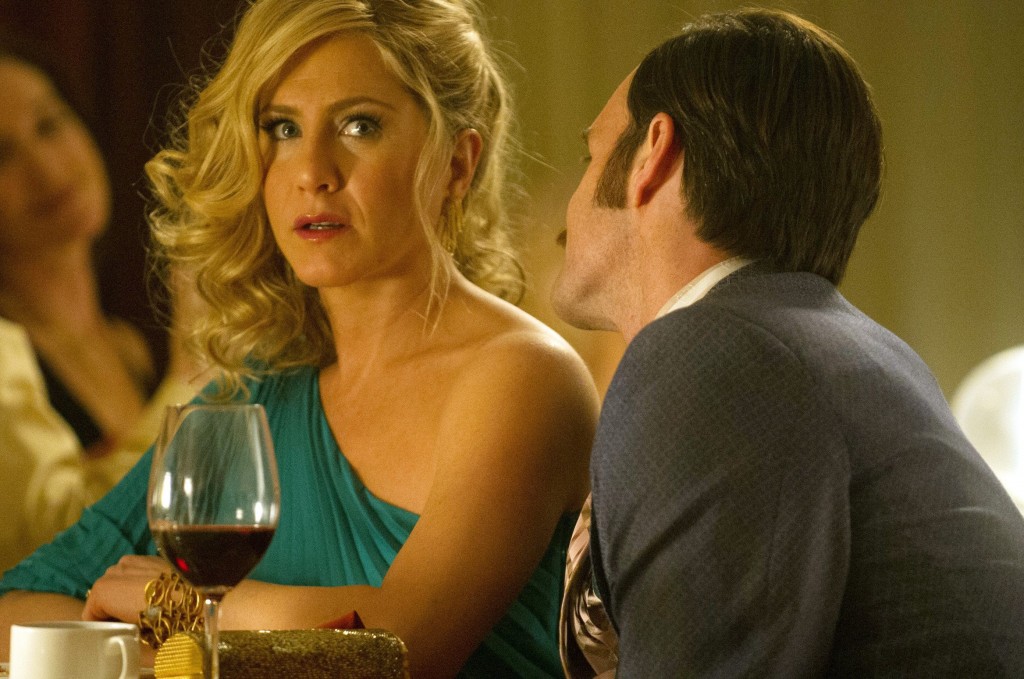 “This Is Where I Leave You” is such a rare bird nowadays — a mid-budget, big-studio ensemble dramedy — that the only real basis for comparison is the television drama. That’s hardly an insult. As the critic David Thomson recently wrote, “Long-form television is the narrative form that has transcended movies as the novel once surpassed cave paintings.” Even if that weren’t so, the setup of Shawn Levy’s new film might seem like an offering from some (utopian) NBC lineup: It’s based in an American suburb. It blends humor, romance, and bathos. And it features an endearingly dysfunctional family with Jason Bateman and Tina Fey at its center, both of whom wisecrack aplenty as they keep their wackier clan members in check.
“This Is Where I Leave You” is such a rare bird nowadays — a mid-budget, big-studio ensemble dramedy — that the only real basis for comparison is the television drama. That’s hardly an insult. As the critic David Thomson recently wrote, “Long-form television is the narrative form that has transcended movies as the novel once surpassed cave paintings.” Even if that weren’t so, the setup of Shawn Levy’s new film might seem like an offering from some (utopian) NBC lineup: It’s based in an American suburb. It blends humor, romance, and bathos. And it features an endearingly dysfunctional family with Jason Bateman and Tina Fey at its center, both of whom wisecrack aplenty as they keep their wackier clan members in check.
Adapted by Jonathan Tropper from his best-selling novel, it begins as Judd Altman (Bateman) discovers his wife (Abigail Spencer) is sleeping with his radio schlock jock boss (Dax Shepard). While Judd’s still reeling, his father dies, and his mother Hillary (Jane Fonda) declares their whole family must honor the Jewish custom of sitting shivah together for seven days. This leads to an excellent sight gag: the four grown Altman children — Judd, Wendy (Fey), Paul (Corey Stoll) and Phillip (Adam Driver) — lined up with Hillary on improbably tiny chairs as their friends and neighbors ply them with carbohydrates galore. (Noodle kugel is a favorite.) Continue Reading →


